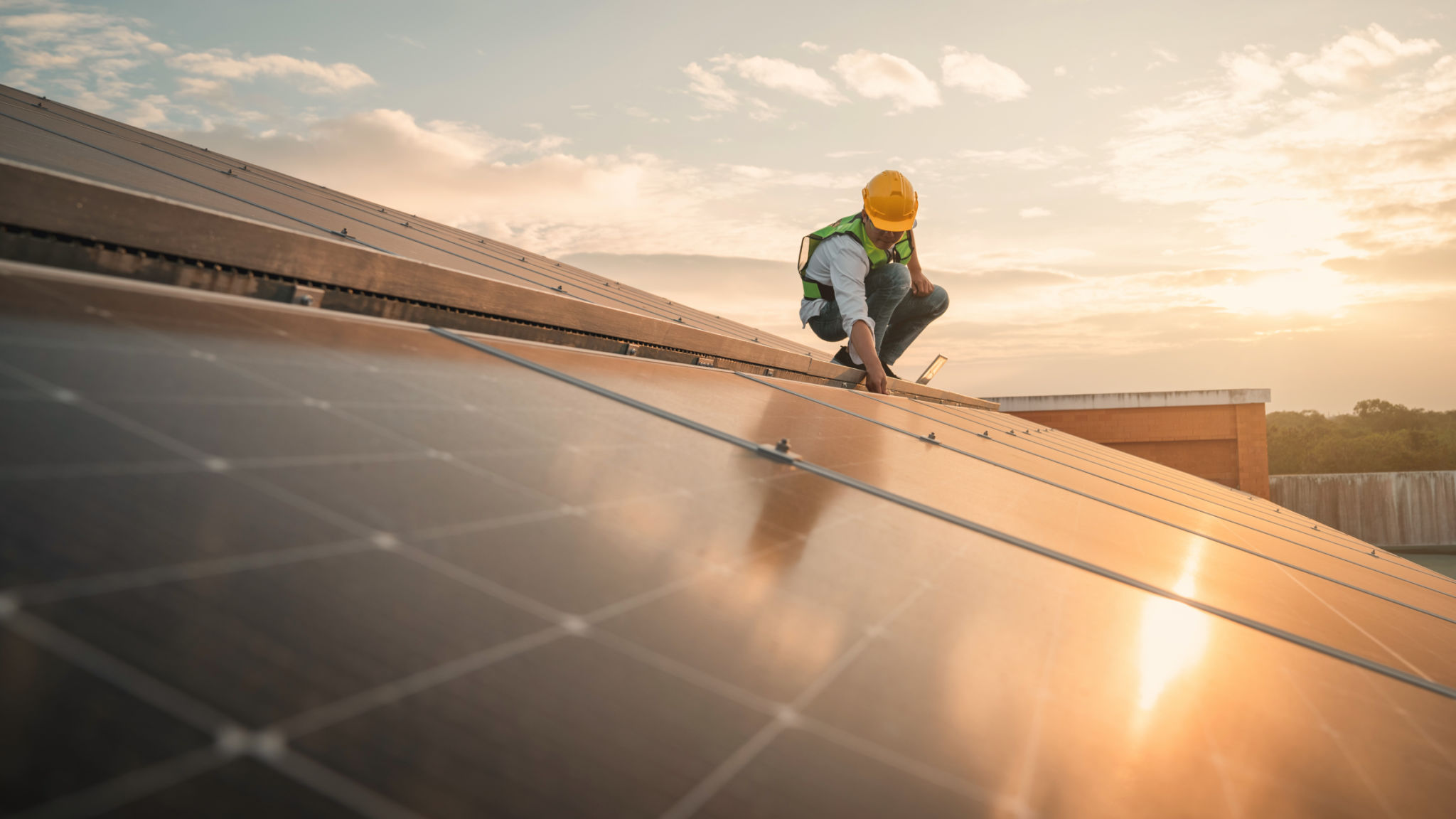Comprehensive Guide to Solar Panel Installation and Repair
Understanding Solar Panel Systems
Solar panel systems are a sustainable and increasingly popular energy solution for both residential and commercial properties. They harness the power of the sun to generate electricity, reducing reliance on traditional energy sources and lowering utility bills. Understanding the components and functionality of these systems is crucial before proceeding with installation or repair.
The main components of a solar panel system include solar panels, an inverter, mounting equipment, and a performance monitoring system. The solar panels capture sunlight and convert it into electricity, while the inverter changes this electricity from direct current (DC) to alternating current (AC) for home use. Proper installation ensures that each component functions optimally.

Preparing for Solar Panel Installation
Before installing solar panels, a thorough assessment of your property is essential. This includes evaluating your roof's size, orientation, and angle. An optimal roof will have sufficient space, face south (in the northern hemisphere), and have a tilt angle that maximizes sun exposure. Additionally, it's vital to ensure that there are no obstructions like trees or other buildings that could cast shadows on the panels.
Once the assessment is complete, you must obtain necessary permits and approvals from local authorities and utility companies. These may include building permits, electrical permits, and interconnection agreements. Partnering with a qualified solar installer can streamline this process and ensure compliance with local regulations.

The Installation Process
The installation process typically involves several key steps. First, the installer will secure mounting equipment to the roof, ensuring it can support the weight of the panels over time. Next, the solar panels are carefully installed onto the mounting system. The installer will then connect the panels to the inverter, enabling the conversion of DC electricity into AC electricity for home use.
A performance monitoring system may also be installed to track the efficiency of your solar panels. This system provides real-time data on energy production and can help identify any potential issues early on. Finally, once everything is in place, the system is connected to the electrical grid, allowing any surplus energy to be fed back into the grid.

Maintaining Your Solar Panels
Regular maintenance is crucial for keeping your solar panel system in top condition. While solar panels are generally low maintenance, routine cleaning is necessary to remove dirt, dust, and debris that can accumulate on their surface and reduce efficiency. It is recommended to clean your panels at least twice a year or more frequently if you live in a dusty area.
In addition to cleaning, periodic inspections by a professional can help identify any issues with wiring, mounting hardware, or inverters before they become serious problems. These inspections can ensure your system remains efficient and extends its overall lifespan.
Troubleshooting and Repair
If your solar panels are not operating as expected, troubleshooting may be necessary. Common issues include reduced energy output, faults in the inverter, or damage from weather events. Checking the performance monitoring system can provide insights into any irregularities and help pinpoint specific problems.
For any repair work beyond basic troubleshooting, it's advisable to contact a professional solar technician. Attempting DIY repairs without proper expertise can void warranties and potentially cause further damage. Professionals have the necessary tools and knowledge to safely address any issues and restore your system's functionality.

The Benefits of Professional Installation and Repair
While some homeowners may be tempted to handle installation or repairs themselves, hiring professionals offers several advantages. Professional installers ensure that all components are correctly installed and comply with safety standards. They also handle all necessary permits and paperwork, reducing the hassle for homeowners.
For repairs, professionals provide expertise that prevents further damage and ensures long-term efficiency. Investing in professional services can ultimately save money by maximizing energy output and minimizing repair costs over time.
